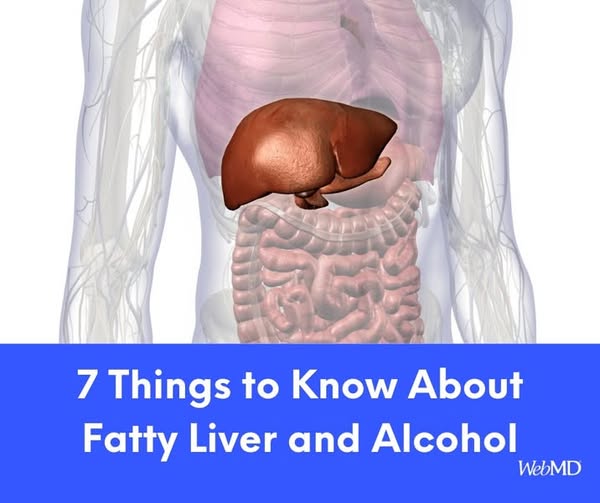Fatty liver disease, whether alcoholic (AFLD) or non-alcoholic (NAFLD), is a condition where excess fat builds up in the liver. Alcohol consumption can worsen both types. For individuals with NAFLD, even moderate drinking can accelerate liver damage. If the fatty liver condition is alcohol-related, continuing to drink may lead to more severe complications, including cirrhosis or liver failure.
Medical professionals generally advise against alcohol consumption if you have fatty liver disease. Alcohol is a toxin that the liver must process, and an already damaged liver struggles to do so efficiently. Reducing or eliminating alcohol can significantly slow the progression of the disease and, in many cases, even reverse some liver damage if caught early.
If you’re ready to stop drinking, several strategies can help. Lifestyle changes, such as adopting a healthy diet and increasing physical activity, support liver health and reduce fat buildup. Support groups like Alcoholics Anonymous (AA), therapy, and medical detox programs can offer guidance and structure. Some people also benefit from medications prescribed to manage withdrawal symptoms and reduce cravings.
Disclaimer: This article is for informational purposes only and is not a substitute for professional medical advice, diagnosis, or treatment. Always consult your healthcare provider before making any decisions about your health, especially regarding alcohol use and liver disease.
